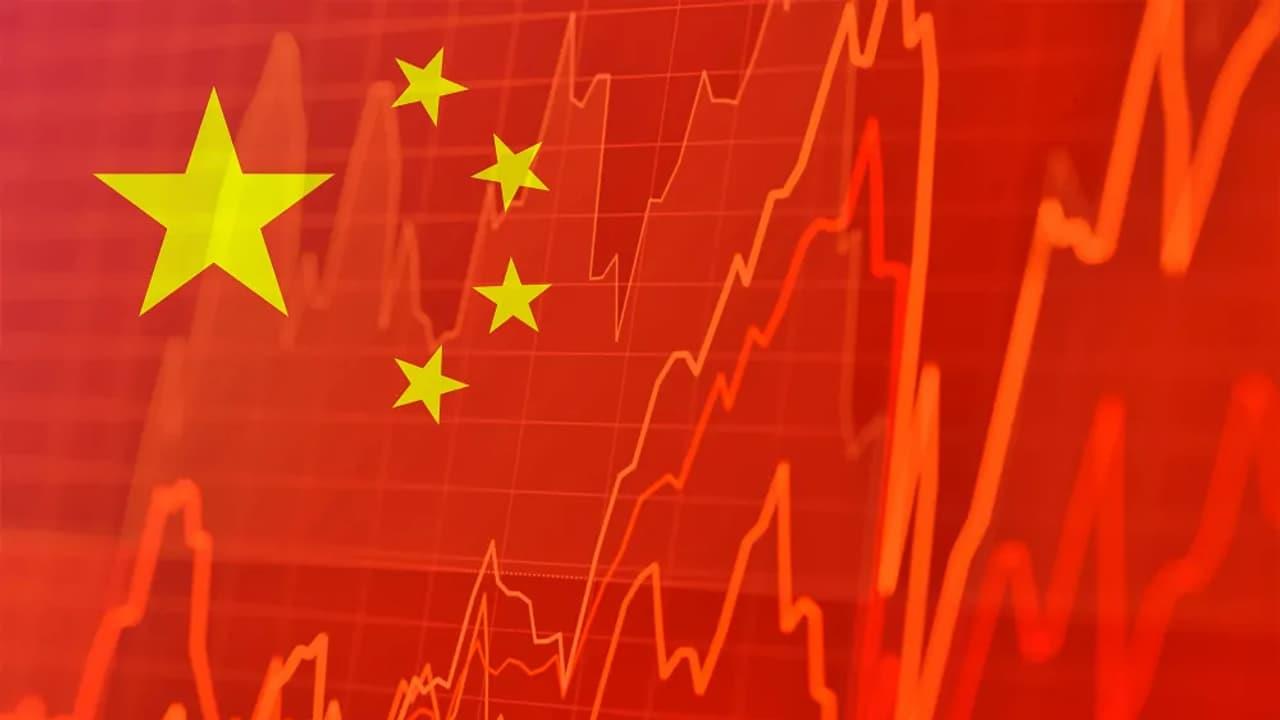Tesla, Alibaba, JD In Crosshairs Of Beijing's Anti 'Involution' Drive Aimed At Curbing Price Cuts To Reverse Deflation
China's leaders have vowed to curb aggressive price cuts by domestic companies, saying the practice has fueled excessive competition that threatens the health of the $19 trillion economy.
The“anti-involution” campaign, launched in response to industrial overcapacity left by past stimulus policies, targets price wars that regulators warn could entrench deflation and undermine growth, according to a Reuters report.
“Involution,” or neijuan, became a buzzword in 2020 to describe the exhausting cycle of hyper-competition with little reward. In China's economy, it has come to symbolize industries investing heavily without meaningful returns, signaling a race to the bottom that policymakers now fear is destabilizing employment and profits.
Data released by China's National Bureau of Statistics last week showed that consumer prices fell at the fastest pace in six months due to volatility in food price but the decline in producer prices slowed, a separate Reuters report said. "Effects of 'anti-involution' that started in June-July are starting to be felt," said Xu Tianchen, senior economist at the Economist Intelligence Unit, the report added.
The sectors most exposed include electric vehicles, solar panels, lithium batteries, steel, cement and food delivery. A fierce EV price war erupted in 2023 between dozens of players, including BYD and Tesla, prompting regulators to order an end to cuts. Data from LSEG show the median net profit margin of 33 listed Chinese automakers fell to just 0.83% in 2024 from 2.7% in 2019.
China's solar industry has been hit especially hard, with Trina Solar estimating $40 billion in value chain losses last year as massive oversupply outstripped demand. Analysts calculate that China's 2024 solar capacity alone could cover global demand through 2032, highlighting the scale of the glut.
In food delivery, giants Alibaba, JD and Meituan have spent billions in subsidies to dominate the one-hour“instant retail” segment. Nomura estimates the industry burned more than $4 billion in cash in the second quarter, a spending spree likely to drag on profits.
With youth unemployment near 18% and exporters cutting jobs, Beijing sees tackling overcapacity and price wars as crucial to protecting social stability and fighting deflationary pressures, even as an unresolved trade spat with Washington squeezes factory margins further.
On Stocktwits, retail sentiment was 'bullish' with 'normal' message volume for both the SPDR S & P 500 ETF Trust (SPY) and the Invesco QQQ Trust (QQQ), while the iShares MSCI China ETF (MCHI) drew 'bearish' sentiment on 'normal' activity.
So far this year, SPY is up 12.8% and QQQ has gained 15.1%, while MCHI has surged 37.8%, outperforming both.
For updates and corrections, email newsroom[at]stocktwits[dot]com.
Legal Disclaimer:
MENAFN provides the
information “as is” without warranty of any kind. We do not accept
any responsibility or liability for the accuracy, content, images,
videos, licenses, completeness, legality, or reliability of the information
contained in this article. If you have any complaints or copyright
issues related to this article, kindly contact the provider above.
Most popular stories
Market Research

- Spycloud Launches Consumer Idlink Product To Empower Financial Institutions To Combat Fraud With Holistic Identity Intelligence
- Japan Green Hydrogen Market Size To Reach USD 734 Million By 2033 CAGR Of 27.00%
- Primexbt Wins Global Forex Award For Best Multi-Asset Trading Platform
- Primexbt Launches Empowering Traders To Succeed Campaign, Leading A New Era Of Trading
- United States Insulin Pumps Market Forecast On Share & Demand Mapping 20252033
- Cartesian Launches First Outsourced Middle-Back-Office Offering For Digital Asset Funds






















Comments
No comment